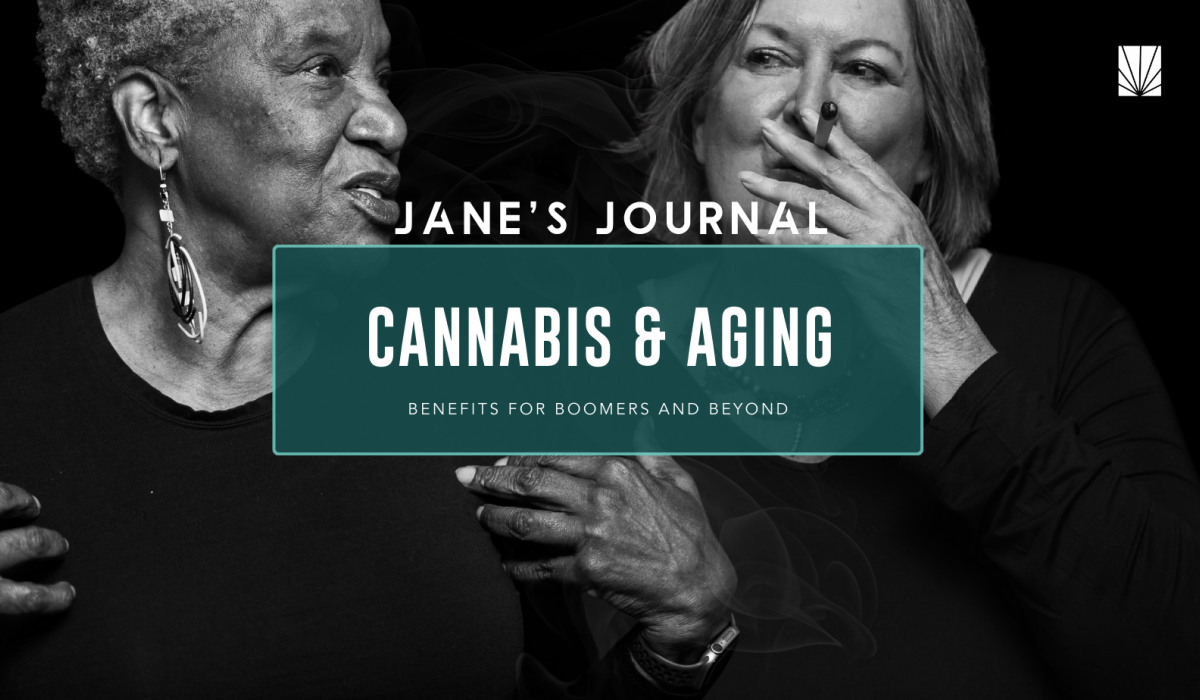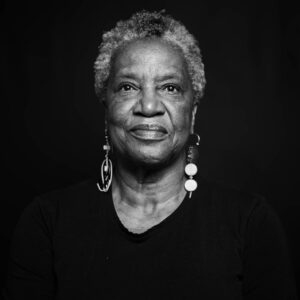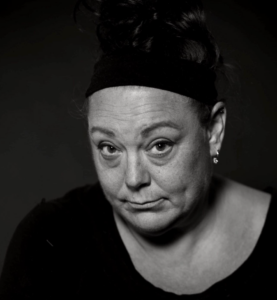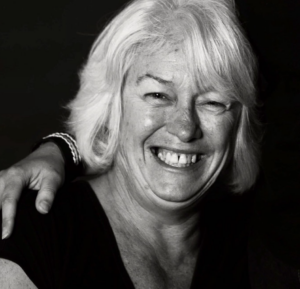
Cannabis & Aging: Benefits For Boomers and Beyond

“…You think you know and then something shows up, or someone shows up, that opens you in a different way…” – Patricia
It’s no secret that cannabis consumption has been rising in popularity in the U.S. over the past few years. Increased legalization and a more open dialogue around the healing properties of cannabis are causing some folks to reconsider using the plant as they adopt a more mindful approach to health, recreation and relaxation.
While there’s no shortage of information about how Millennials and Gen Z have come to embrace the benefits of cannabis, there’s a significant need for more research to determine how the plant can positively affect older adults. And for good reason– according to recent data, older adults currently make up nearly 20 percent of the U.S. population. That number is projected to rise to nearly 84 million, or about 23 percent by 2054.
As our population ages, they’ll want choices for how to navigate the issues they may encounter in their later years – things like insomnia, neuropathic pain, PTSD and more. But what are the options for those who wish to enhance their wellness regimens with a more holistic approach that differs from traditional pharmaceuticals?
That’s where cannabis comes in.
Recent research suggests older adults may benefit from adding cannabis to their self-care and wellness routines. When cannabis is used mindfully and with guidance from knowledgeable sources, it can be a game changer for managing some health conditions associated with aging.

“Cannabis keeps me sane from day to day. It’s a great way to relax. It also helps take the anxiety down so I’m not taking drugs all the time. Cannabis just takes the edge off so that I can function.” – Erin
Can Cannabis Help Older Adults With Insomnia?
A recent study shows that about 50 percent of older adults experience symptoms of insomnia which can negatively impact mental health and quality of life. Chronic health conditions such as high blood pressure can also be made worse by not getting enough quality sleep each night. While restful sleep is important at every stage of life, it is particularly beneficial for older adults who commonly face an increase in health conditions.
So, why would older folks opt for cannabis to help with sleep issues? Cannabis can offer a sleep solution that doesn’t involve the risks associated with prescription pills or alcohol. Some pharmaceutical medications prescribed to help with insomnia can lead to an increased risk of personal injuries such as falls. Other prescription pills can lead to dependency and increased tolerance.. And, for some people with other health conditions such as dementia, prescription pills just aren’t a viable option.
On the other hand, cannabis has not been proven to be habit-forming, and can be discontinued safely at any time without having to step down the dosage over a period of days or weeks. Cannabis consumption methods and dosages can be tailored to suit individuals and can be changed as needed to achieve the best results possible.
Does Cannabis Ease Neuropathic Pain?
Neuropathy is a condition that results from damage to the nerves that are not inside the brain or spinal cord. While neuropathy impacts many people, including about 30 percent of those over 70, treatment options and traditional medications are limited. And, since neuropathy can result from other existing health conditions that already require medications, some folks may be hesitant to add more meds to the mix to treat their neuropathy symptoms.
For older adults, managing neuropathy can be even more challenging, especially because many don’t report their symptoms to healthcare providers. Without an effective treatment plan in place, neuropathy can lead to an increase in injuries, infections, and falls– all of which can be devastating to those who may lack access to an adequate network of support or assistance.
Fortunately, the current research on cannabis as a treatment option for neuropathy has been promising. Cannabis, especially when used in small doses and paired with CBD, may be effective in treating existing pain and even stopping the pain before it begins. There are receptors inside the body that can interact with cannabis to prevent pain and inflammation at the cellular level. Also, the research suggests that cannabis may be as effective as Gabapentin, the drug that is often prescribed to treat neuropathy.
Is Cannabis Effective for PTSD Management for Older Adults?
Post-traumatic Stress Disorder or PTSD, affects older adults from all walks of life, not just veterans. It is estimated that up to 90 percent of older Americans have experienced at least one form of trauma over the course of their lifetime. However, only 1 to 4 percent of people over 60 have been formally diagnosed and treated for PTSD. An explanation for this disconnect could be that older people are underreporting their symptoms or may not exhibit enough symptoms to qualify for a PTSD diagnosis or treatment. Additionally, it is believed that women and non-binary folk are not accurately represented in research data due to underreporting of traumatic incidents.
PTSD, when left untreated, can lead to quality of life issues such as increased risk for vascular diseases, gastrointestinal issues, and even an increased risk of developing dementia. Some research suggests that people with PTSD may experience accelerated biological aging, which could lead to other chronic conditions that can be especially damaging to older adults.

“I’m a CSA survivor. The more I talk about it, the less I cry about it. Cannabis really helps me to talk.” – Jane
Studies show that medical cannabis may be an effective treatment option for reducing the symptoms of PTSD. In addition to helping to reduce the sleep disruptions and anxiety that accompany PTSD, there are anti-inflammatory benefits of cannabis that result from the interaction with the CB2 receptors inside the body’s endocannabinoid system. Another important benefit of medical cannabis for PTSD is how it can help create a mindset shift that may lead folks (particularly those of older generations) to explore therapy so they can identify and heal past trauma.

“I’m an advocate. I have had my medicinal marijuana card for over 2 years and I’m really proud of that. My trauma is fairly fresh. November 20th of last year I was diagnosed with breast cancer and had a double mastectomy… this is who I am now. And I’m coming to terms with it. But I’m mad. It’s like, fuck you, cancer! This is what you did to me.” – Jane
Conclusion
As the population of older adults continues to increase, so does the need for further research into alternative treatment options such as cannabis.
Using medical cannabis can be a valid treatment option for people who already take prescription medication for their health conditions and wish to control additional symptoms without having to worry about the drug interactions often associated with mixing pharmaceuticals.
Providing access and education to older adults via programs such as the compassionate cannabis and healing-centered community events hosted by This Is Jane Project is an important part in helping older adults understand and evaluate their treatment options.
As with any health-related regimen or treatment, it is advised to consult with a professional, such as a trusted physician or a cannabis nurse, to confirm cannabis is a safe and beneficial option for you.
cannabis and aging, cannabis for healing, Cannabis for Insomnia, cannabis for neuropathic pain, cannabis for PTSD, Healing PTSD, PTSD
